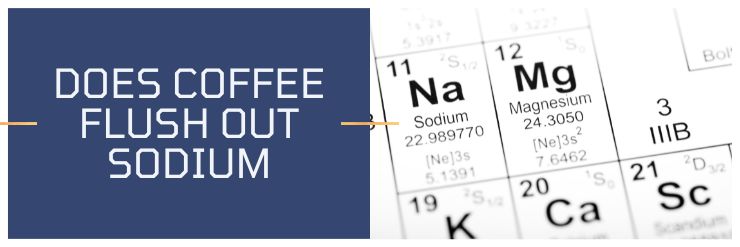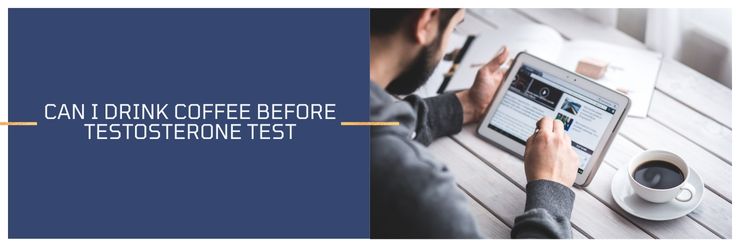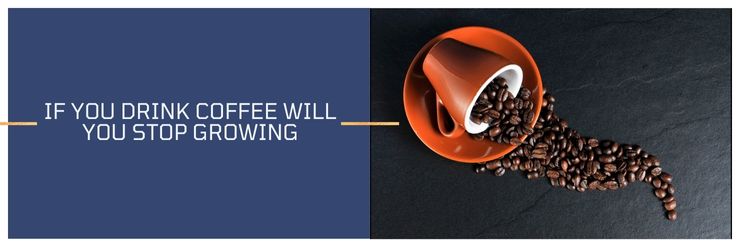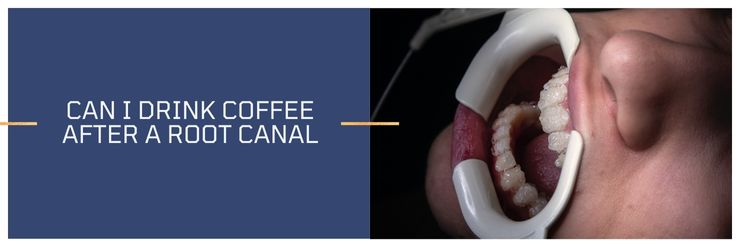When it comes to coffee, there are a lot of myths and misconceptions floating around. One of the most common questions I get is does coffee flush out the sodium?
Coffee does have the ability to help your body flush out sodium. This is due to the caffeine content of coffee. Caffeine is a diuretic, which means it helps to promote urination. When you urinate, your body gets rid of excess fluids and sodium that it doesn’t need.
Sodium retention can cause your body to hold onto extra fluid. This can lead to bloating and a feeling of being puffy. Drinking coffee can help you to avoid these issues by promoting urination and flushing out the sodium that’s causing the retention.
Let’s take a closer look at how coffee and sodium work together.
Does coffee flush out sodium
Sodium is an electrolyte that is essential for your body to function properly. Sodium helps to regulate blood pressure, fluid balance, and muscle contractions. Too much sodium can lead to high blood pressure and other health problems.
Coffee can help you stay hydrated by increasing your urine output. This is because coffee is a water-based beverage. When you drink coffee, your body absorbs the water and uses it to replace the fluid lost through urination.
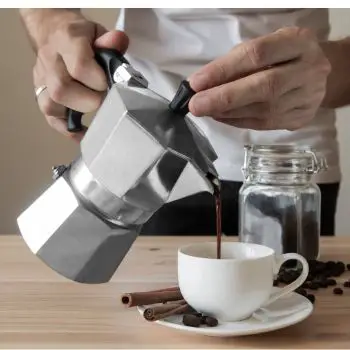
The diuretic effect of coffee and even the diuretic effect of decaf coffee can also be helpful if you are feeling bloated or have water retention. Drinking a cup of coffee can help to reduce bloating and water weight.
So, does coffee flush out the sodium? Yes, it can! However, it’s important to keep in mind that too much coffee can also have the opposite effect and lead to dehydration. Therefore, it’s important to stay hydrated by drinking plenty of water throughout the day.
Does coffee affect sodium levels
Coffee has a mild diuretic effect, which can cause you to lose a small amount of sodium in your urine. However, this loss is usually not enough to affect your sodium levels.
Caffeine is a stimulant that can cause your body to release more adrenaline. This hormone can cause your blood vessels to constrict and your heart to beat faster. These effects can lead to an increase in blood pressure.
However, the effects of caffeine on sodium levels are usually not enough to cause any significant changes. In fact, one study found that coffee actually helped to reduce the risk of high blood pressure and stroke.
Therefore, coffee is not likely to have a significant effect on your sodium levels.
Is coffee high in sodium
Coffee is a low-sodium food. One cup of coffee contains about 2 mg of sodium. This is less than 1% of the daily recommended intake for sodium.
Eating too much sodium can cause high blood pressure and other health problems. The American Heart Association recommends limiting your sodium intake to 2,300 mg per day.
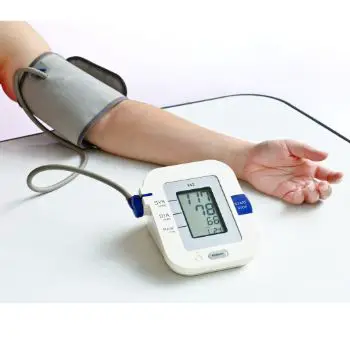
However, most Americans consume more than this amount. In fact, the average American consumes about 3,400 mg of sodium per day.
Eating a high-sodium diet can increase your risk of heart disease, stroke, and other health problems. Therefore, it’s important to limit your sodium intake and eat a healthy diet. There is also some evidence to suggest that coffee drinkers live longer.
Can you drink coffee on a low sodium diet
You can drink coffee on a low sodium diet. You may also want to limit your intake of caffeinated beverages if you are following a low sodium diet.
Caffeinated beverages can cause you to retain water and may increase your blood pressure. If you are on a low sodium diet, you should limit your intake of coffee to no more than two cups per day.
You should also limit your intake of foods that are high in salt. Some examples include processed meats, canned soups, and salty snacks. If you are following a low sodium diet, it is important to limit your intake of these foods.
In addition, make sure that you are getting enough potassium. Potassium helps to counterbalance the effects of salt on your body. Some good sources of potassium include bananas, sweet potatoes, and white beans.
The role of sodium in the body
The human body needs a small amount of sodium to function properly. Sodium helps regulate blood pressure and fluid levels in the body, and it is also necessary for nerve and muscle function.
Sodium is found naturally in many foods, but it is also added to food during processing. The main sources of sodium in the diet are salt (sodium chloride) and sodium-containing additives such as monosodium glutamate (MSG).
Most of the sodium in the diet comes from processed foods. In fact, about 75% of the sodium consumed in the United States comes from processed foods.
When it comes to sodium, less is better. The best way to reduce your sodium intake is to eat more fresh foods and cook at home more often.
However, low sodium levels can also be a health concern. Hyponatremia is a condition that occurs when the level of sodium in the blood becomes too low.
Symptoms of low sodium levels
The symptoms of low sodium levels depend on the severity of the deficiency. In severe cases, low sodium levels can lead to confusion, coma, and even death.
In milder cases, low sodium levels can cause headaches, fatigue, and muscle cramps. If you experience any of these symptoms, it is important to see a doctor.
Low sodium levels are treated by replenishing the body’s sodium stores. This can be done through intravenous fluids and salt tablets. In most cases, treatment is successful and the symptoms resolve within a few days.
How to balance coffee and sodium intake
Coffee is a healthy drink that can provide many health benefits. However, coffee can also cause dehydration and increase urine output.
This can lead to a loss of sodium and other electrolytes. To prevent this, it is important to balance your coffee intake with other fluids and foods.
For example, you can drink a glass of water with your coffee, or eat a piece of fruit. You should also limit your intake of caffeine-containing beverages such as sodas and energy drinks.
Drinking coffee in moderation and paying attention to your fluid intake will help you stay healthy and avoid the negative effects of caffeine.
Conclusion
Does coffee flush out sodium? When you think of coffee, the first thing that might come to mind is a pick-me-up in the morning. But coffee can do more than just wake you up; it can also help to flush out sodium from your system.
This is because coffee is a diuretic, which means that it helps to increase urine production. In turn, this helps to remove excess sodium from your body.
However, it is important to balance your coffee intake with other fluids and foods. This will help to prevent dehydration and loss of electrolytes.

